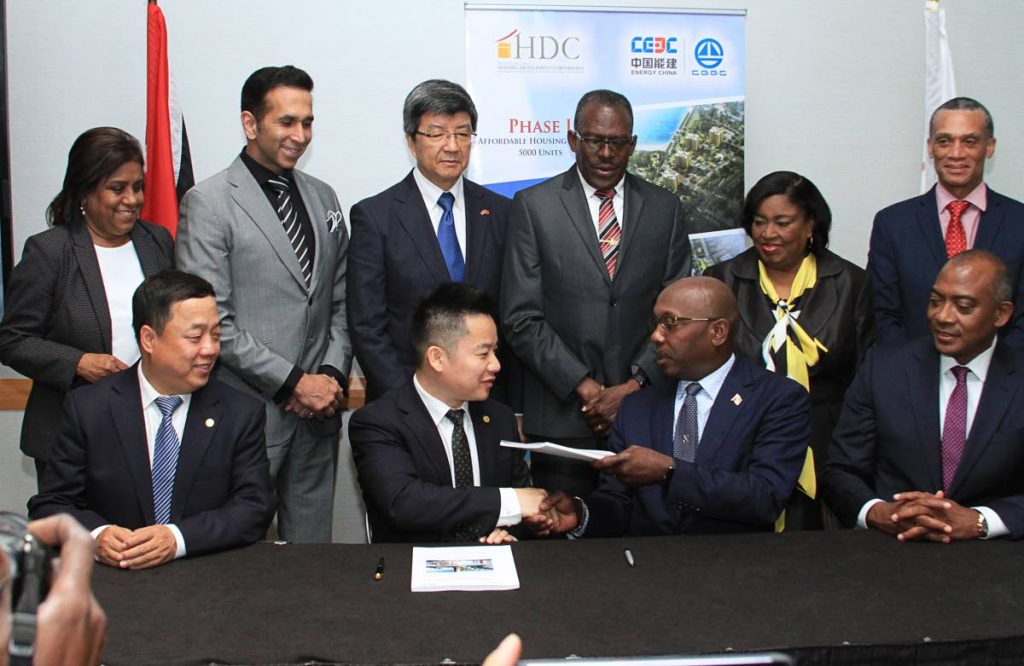Full disclosure on Chinese contract

CANCELLATION of the arrangement between the Housing Development Corporation (HDC) and China Gezhouba Group International Engineering Co Ltd (CGGC) underlines, yet again, the need for full transparency when it comes to state projects.
In our country’s long and tangled history of public procurement embarrassments, the common denominator has always been the development of a trend or a novel legal vehicle that hinders scrutiny. First was the rise of “private” special-purpose companies that fell into a grey area of oversight. Then, the era of “government-to-government” arrangements where one country hand-picked a contractor. Then came the fashionable “public private partnership” or PPP model – with things like build-own-lease-transfer (BOLT) arrangements—which created a conceptual headache when it came to regulation.
The HDC’s Housing Construction Incentive Programme (HCIP) would appear to be the latest variation on the PPP model, though it seems ever more hybrid, open as it is to foreign participants with local offices.
A lot of water has passed under the bridge since the days of the Uff Inquiry into the public construction sector. But in many ways, some of the issues remain the same, if not in form certainly in substance.
It is still the case that private companies have different obligations than state agencies. However, when state resources are involved, things change. When the procuring agency is unquestionably public, it should follow that a high level of disclosure is forthcoming.
But where do things like the HCIP fall within the scheme of public procurement regulation?
The presence of the Chinese ambassador at the HDC signing event in May, coupled with this country’s history when it comes to reliance on government-to-government arrangements, suggest the involvement of high-level state, not merely corporate, actors. The aura of a bi-lateral arrangement is further heightened considering recent precedent: Shanghai Construction Group and China Railway only this year signed on to build a new wing at the general hospital in Port of Spain. Meanwhile, the debt for the National Academy for the Performing Arts and the Couva Hospital are still being serviced. These firms have acted under Trinidad/China pacts in the past.
If what is unclear, so too is why.
Given the enormous housing deficit facing this country, we must join the chorus asking for clearer disclosure on why the arrangement was cancelled.
Much is often made of Udecott and Uff, but these issues pre-date all of that. As far back as the 1982 Ballah Report, recommendations were made for good reason to curtail the use of state-to-state arrangements, making them subject to competition and the securing of benefits for locals. Are we getting any better at this?
Why did the HDC process fall afoul of Cabinet oversight, especially considering how it involved, it seems, one of our most important trading partners, for whom we are already indebted to the tune of millions, if not billions? The real tragedy is so much time has been wasted.
There may have been good reasons to go with this Chinese firm. The ironic thing is the local industry might now have a chance.


Comments
"Full disclosure on Chinese contract"